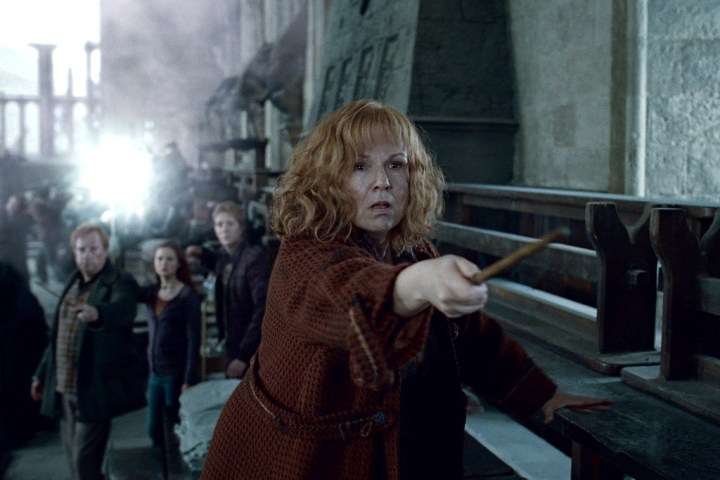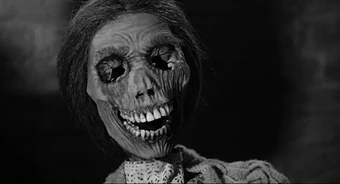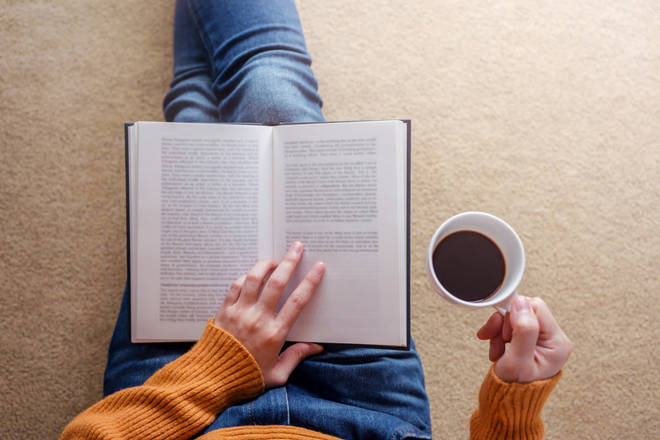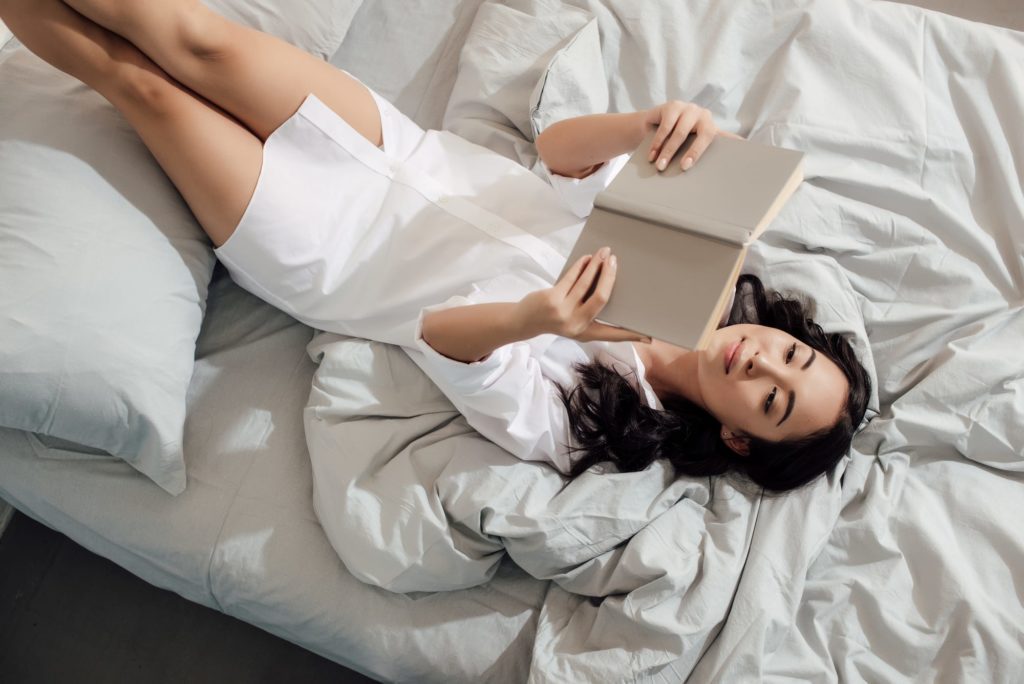Just like almost EVERYONE, I watched and loved the great television series It's A Sin, written by the ever talented Russell T. Davies, and starring a whole cast of talented actors (Olly Alexander, Callum Scott Howells, Lydia West, Neil Patrick Harris, Nathaniel Curtis, Keeley Hawes, Omari Douglas, Shaun Dooley, Stephen Fry . . . and many more - they're really all so good in this!).
In one scene, Nathaniel Curtis' character is tasked with pulling from the shelves of a library any books which reference LGBTQ characters or storylines. The scene makes reference to Section 28 (a law that prohibited the "promotion of homosexuality", introduced by Margaret Thatcher's Conservative government and in effect from 1988 until 2000 - in Scotland - and 2003 - England and Wales), and just how little of a voice the LGBTQ members of society have had historically and culturally.
The scene - typical for this series - is able to make you smile, sad, and thoughtful in the space of the moments that it takes place on screen.
If you haven't seen It's A Sin yet, I think you should stop reading now and go watch it because, to be honest, anything I write here isn't going to be as good as this show is - it doesn't even get within sniffing distance!
But, you know what, that scene made me think - where are all the LGBTQ characters in literature? Are they there? Well, they are. But, they can be hard to find, in my opinion . . .
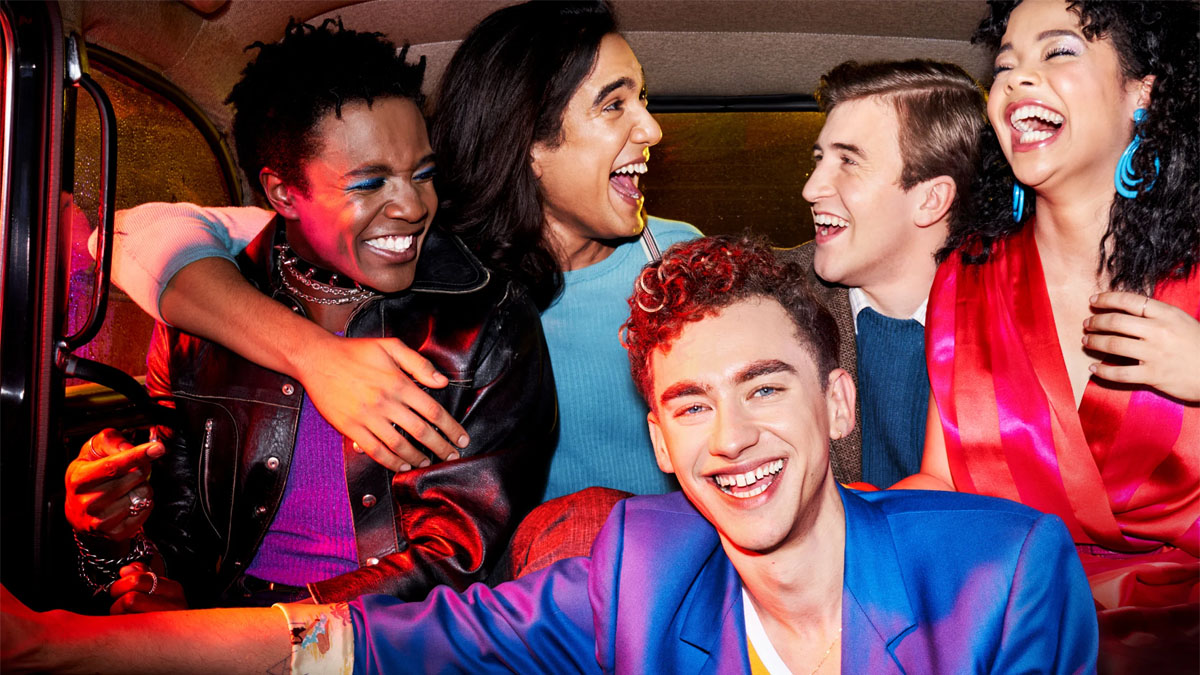
First of all, there are characters who we might never have noticed as being LGBTQ, such as Albus Dumbledore in the Harry Potter franchise. J. K. Rowling revealed in 2007 that she had "always thought of Dumbledore as gay". Now, writers do know their characters best - they often give their characters a history, habits, hopes, dreams, fears, desires, etc., that the audience never sees. In this way, the writer is better able to flesh out the character and write them better. However, if J. K. Rowling had not made it known to her audience, after the original Harry Potter series had come to its conclusion, we might not have ever noticed. Some might have spotted it and it might have become the thing of online fan theory debates, but it isn't really explicit in the novels. Going back to the books, there might be the whisper of a hint with regards to the character's sexuality. I'm certainly not sure that anyone tasked with seeking out LGBTQ characters in literature would have recognised him as such. This subtle hinting (sometimes so subtle it's missed) at character sexuality has been a method adopted frequently by writers - another example I found when researching this article was the character of Deadpool, the Marvel character; the character, we are told, is pansexual (this is hinted at by his flirtatious way with other men) but in his history (the character was created in 1991) he's only ever had relationships with women (and women-presenting aliens).
Still, Deadpool's flirtatious way with people, aliens, and mutants of male or male-presenting sex might at least get him noticed during a similar exercise to that which Nathaniel Curtis' character is made to undertake in the scene from It's A Sin . . .
In Stieg Larsson's creation, Lisbeth Salander, we meet a character who is complex, badass, and explicitly bisexual, amongst many other things. The character, first appearing in The Girl With The Dragon Tattoo, back 2005, has become a memorable part of the literary landscape in the early part f this century - some feel that the series' success can very much be laid at the feet of the character of Lisbeth Salander. She is a gifted but troubled character. She makes her own way in the world - most certainly not relying on any prescribed route as she navigates her way through her world. She is androgynous, bisexual, and a badass. She even has a street named after her in Stieg Larsson's Swedish home town - Lisbeth Salander gata.
Another bisexual woman in popular culture is Diana Prince, or Wonder Woman, as she is otherwise known. Wonder Woman begins her life on the island of Themyscira, a place entirely devoid of men and, as she tells Superman in issue #48 of Sensation Comics when she officiates a wedding for two women, where she comes from it is "not 'gay' marriage. It's just marriage". Also in 2016, the writer, Greg Rucka, explicitly revealed that the character was bisexual. The origins of Wonder Woman, coming as she does from the women-only Themyscirda, mean that she will be free of the heteronormative expectations and point of view. To the writers of Woman Woman it seems obvious that the character will have had lesbian relationships coming, as she does from an island without men. On Themyscira, no men may step foot and anyone that leaves forgets the location of the island, and so it would seem that if the inhabitants of the island are forming relationships then they are lesbian relationships.

It only occurred to me as I was doing the research for this article that I have never read a book in which there featured a memorable trans character! I have to take into consideration that this might say something about how diverse my own bookshelves are, but I think they are still hard to find. I have on my "to read list" The World According to Garp by John Irving and Kafka on the Shore by Haruki Murakami, both of which feature trans characters. I know that the characters are out there - as I type in various phrases onto Google and Wikipedia the proffered results confirm this, but I do come away feeling that these characters are still on the fringes. But, I do now have some idea as to the titles I might want to add my bookshelves after those searches!
For a long time, representation of LGBTQ life and love was considered dangerous and subversive. Oscar Wilde's The Picture of Dorian Gray was originally more explicit in its references to gay desire, but these references were censored before publication. Then, as we see in It's A Sin, one hundred years later, we were still bothered by all this. Even today, people seem really quite concerned over the sexuality of other people and "what it all means!"
Representation of relationships, identities, and sexuality, beyond the heteronormative accepted default position that has been depicted in literature for so long, is increasing it seems. As I did my searches in preparation for writing this, it is obvious that the amount and depth of discussion with regards to sexuality and identity has been incrementally increasing over time. And, in the twenty-first century, we are having deeper and better discussions than we have before. However, you only need to take a little look on Twitter and you will see there are still those who don't quite get it. There are still those that think the discussion, the representation, is dangerous and subversive. They don't take into consideration that the literature, the art, the film, the television shows, the discussions, are giving strength to those who have been oppressed and suppressed for too long.
I don't know. I just like books. And, I think a book might be a good place to start!
If you fancy exploring LGBTQ literature a little further, here is a link to a book list from Penguin Random House that you might find interesting, but do explore for yourself too - it's more fun that way!
https://www.penguinrandomhouse.com/the-read-down/the-ultimate-book-list-for-pride-month
Please do comment and share, if you happen to think that this post is worth commenting on or sharing. I don't pretend to know everything, or to be perfect, so, if you feel I have gotten something wrong here, call me out on it! It's the only way I will learn . . .
It's A Sin is available to watch on All4 streaming service in the UK and HBO Max in America.
